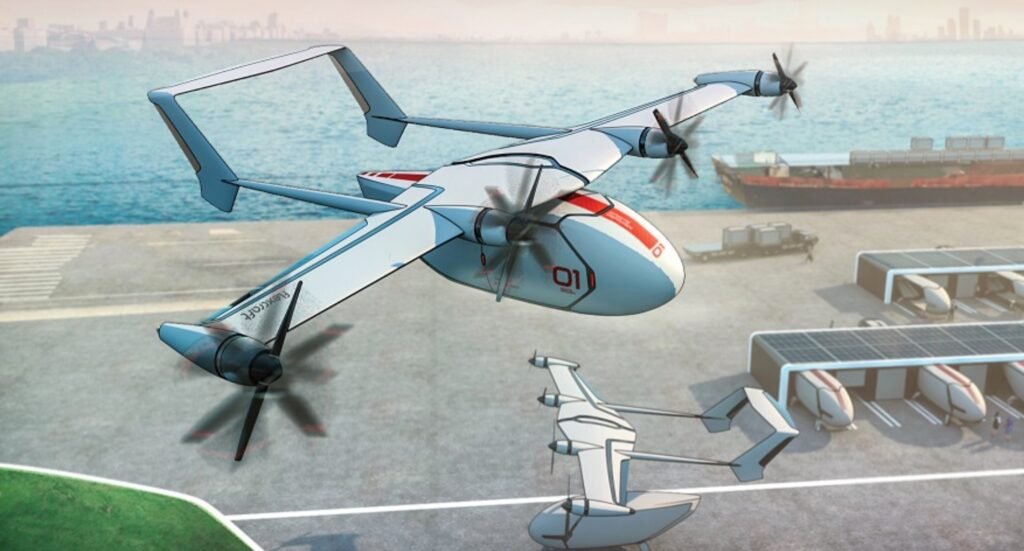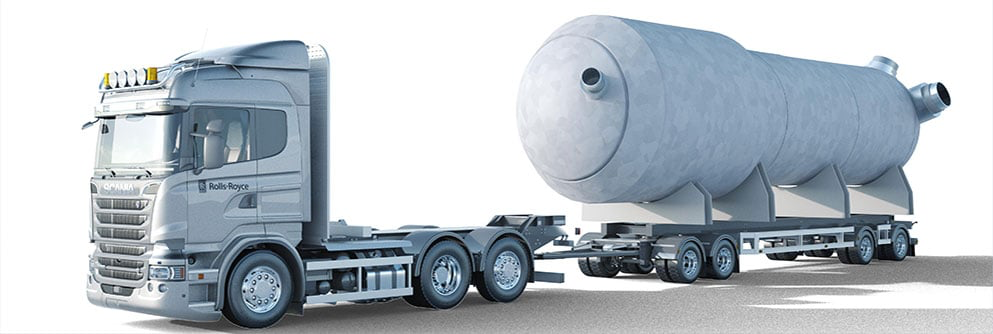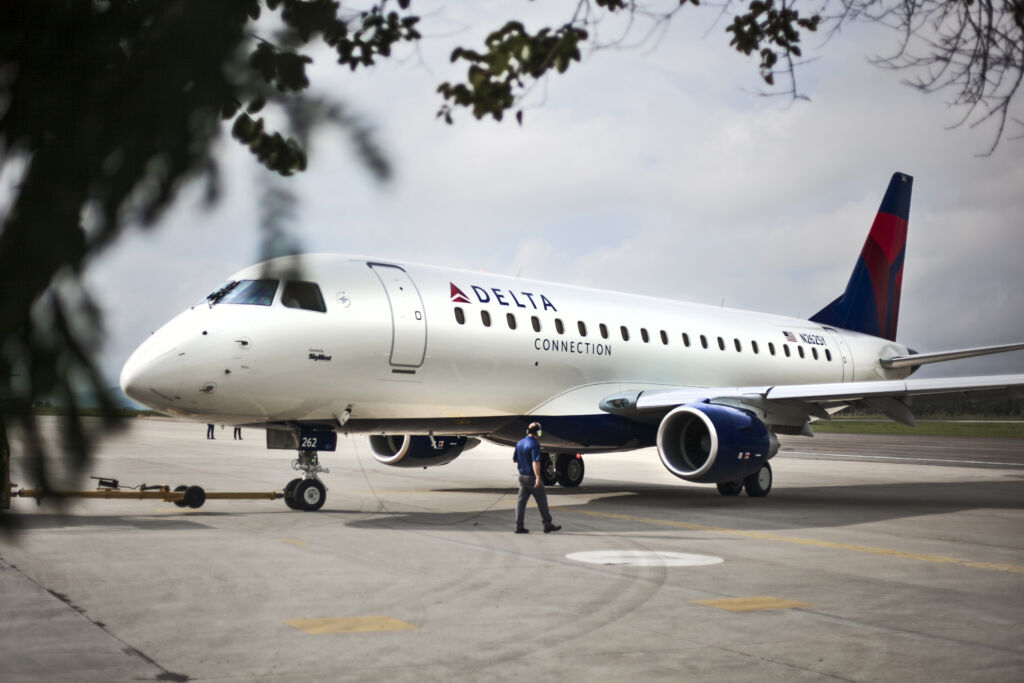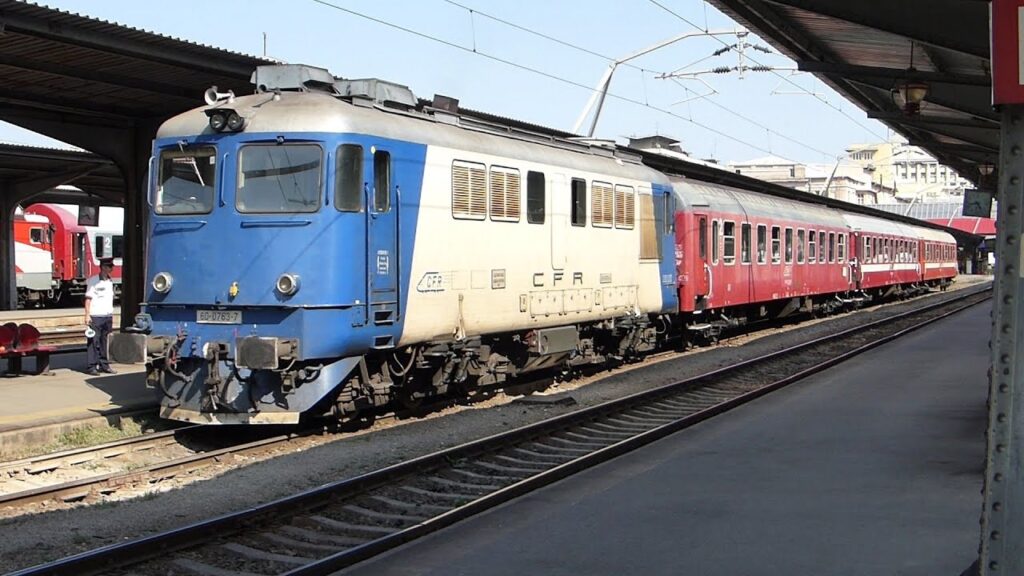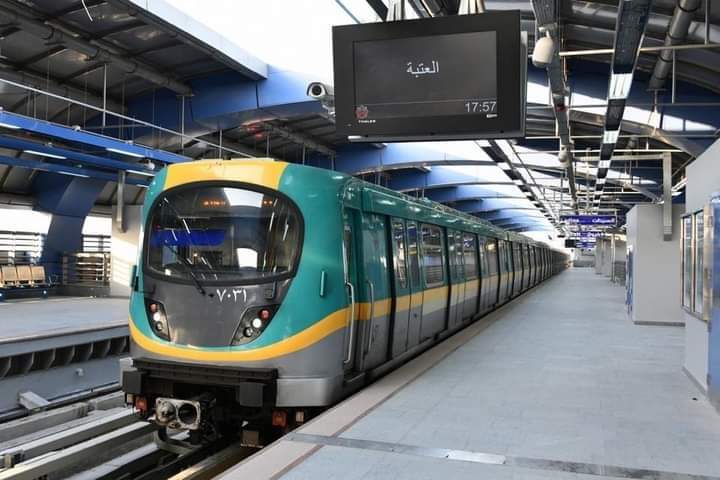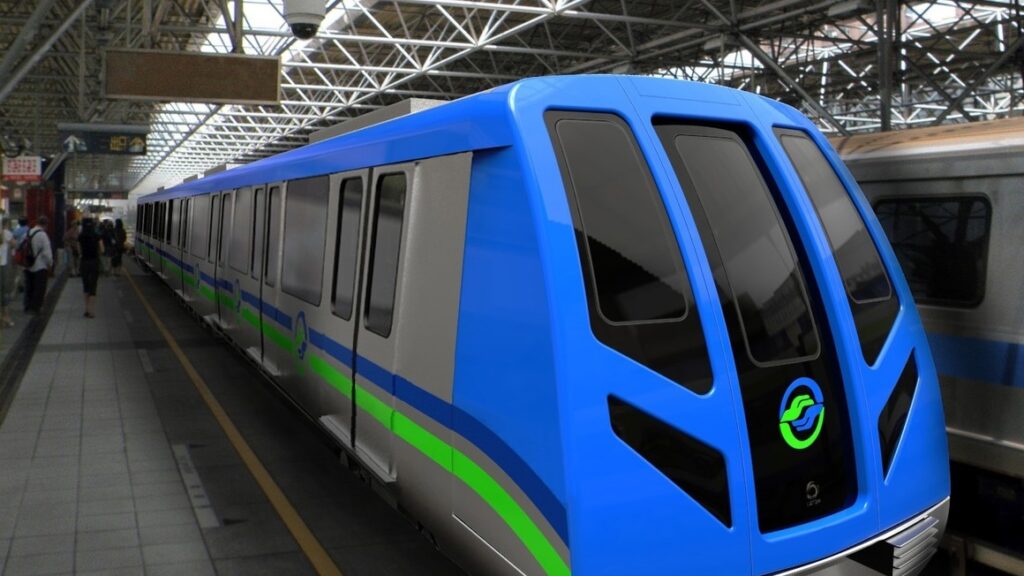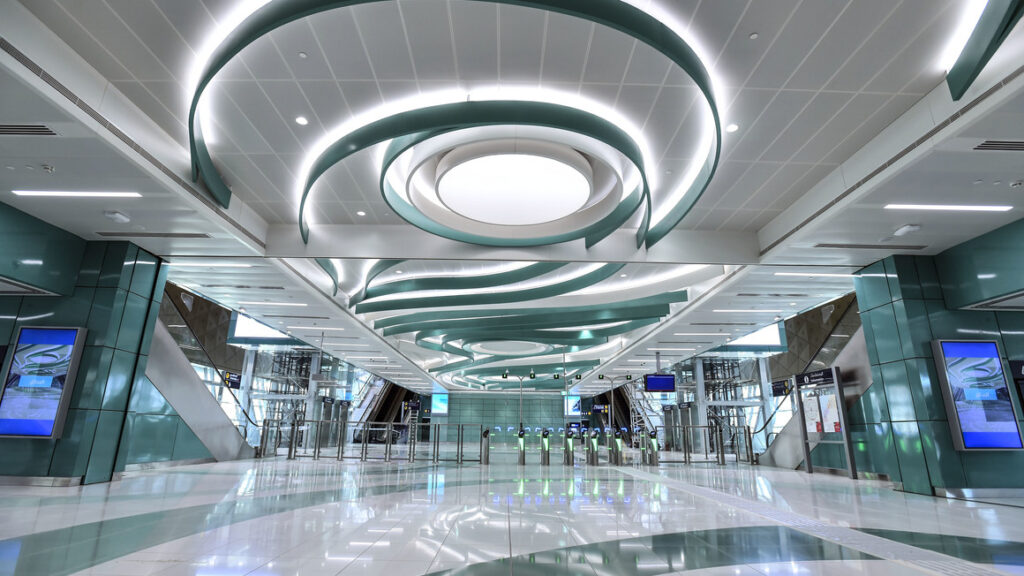Lufthansa Airbus A350-900 “Erfurt” Will Become Climate Research Aircraft
Predicting the weather even more accurately, analyzing climate changes even more precisely, researching even better how the world is developing. This is the goal of a globally unique cooperation between Lufthansa and several research institutes.…

